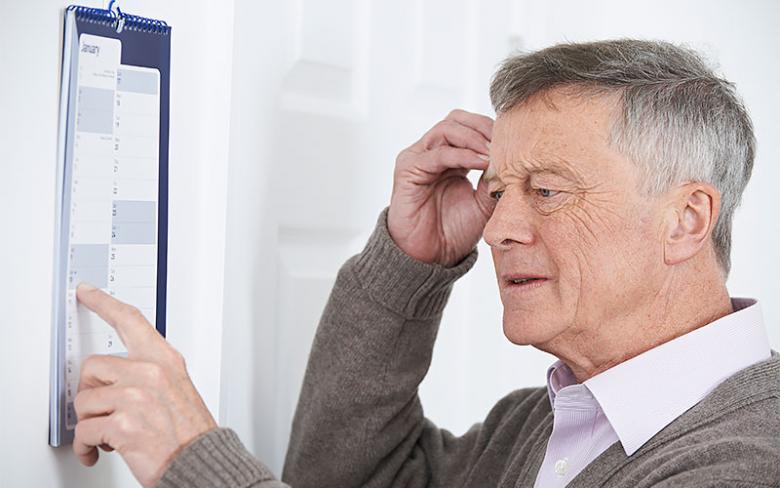Caring for those with dementia can be a special challenge. Without the right safety measures in place both caregivers and patients can be at risk. This risk can also extend to the companies providing in home care for clients because injuries can result in liability claims. Finding the right safety practices takes consistency. Here are the top 3 safety risks for dementia patients to get you started.
Falling
The medical journal Age and Aging recently conducted a study which found that those suffering from dementia are three times more likely to sustain a falling injury. Many falls involving the elderly often result in broken bones. These types of injuries can greatly compromise a patient’s already fragile health. Falling dangers are increased due to the fact that those suffering from dementia often have issues with their vision and spacial awareness. This can make even a seemingly safe room a dangerous place.
Falling risks can be decreased by simplifying the arrangement of furniture. Unnecessary pieces of furniture can be removed to stream line the room. It is also a good idea to keep necessary furniture as close to the walls as possible. Patients that need mobility assistance should be assisted when navigating challenging terrain.
Self Harm/Combativeness
One of the most difficult safety challenges comes in the form of self-harm and combativeness. When patients are confused or distressed they can become combative resulting in a risk both to themselves as well as to the caregiver, and potential for Workers Compensation claims. Decreasing triggers for self-harm or combativeness is an important step to maintaining a safe environment. When triggers are identified, efforts should be made to avoid them. If triggers cannot be avoided, staff members can prepare ahead of time for potential combative situations. For example, if bathing is a trigger, staff can plan bath times when there is backup help available.
Caregivers have discovered that keeping set routines decrease anxiety and combativeness with patients. Strive for a predictable daily routine, and give the patient plenty of notice for upcoming events.
Elopement
One of the greatest risks factors for those suffering from dementia is elopement. This means that a patient leaves the home unattended. Once outside of the home the risks posed are endless. This is also a risk factor which puts both patient, staff and agency at maximum risk of liability. Staff and agency should consult with the family, in a home care scenario, to determine the best way to secure doors. Motion sensor alarms on doors are often necessary to keep patients as safe as possible. It is vital that staff always be alert to the patient’s activity. Keeping in a visual on the patient is crucial to their safety.
Maintaining a safe living environment is priority number one for staff caring for dementia patients. In order to protect your client, your job and your agency, keep these three risks factors in mind.
MPL Risk is an insurance agency working with healthcare organizations. We can provide a complimentary review of your insurance program and obtain quotes, give us a call today at 267-888-4790 or send us a message.

